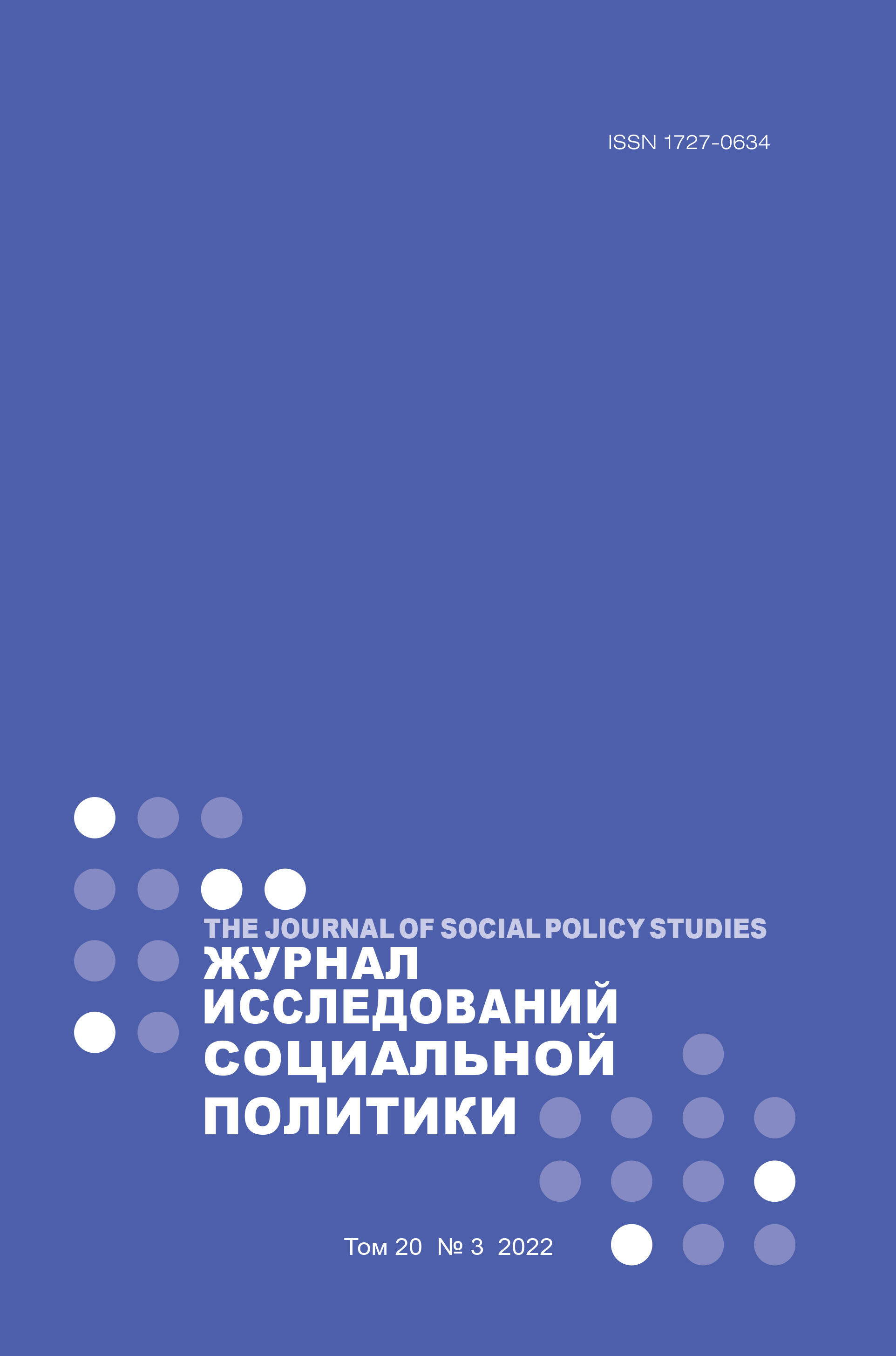Living with Alice: How Do Voice Assistants Transform Communication Practices?
Abstract
'Smart' speakers with voice assistants based on artificial intelligence technologies, are gradually entering the everyday life of Russians. In studies describing the nature of human-machine interaction, the consequences of the transformation of social practices when using 'smart' speakers are analyzed and privacy problems of users are studied. This article is focused on the study of the reconfiguration of the social relations of the user and the voice assistant, where both subjects have their own agency in relation to each other. The main research question is how everyday practices of human-machine interaction are arranged, especially in situations of communication failures, when the usual communication scenario is broken due to the specifics of artificial intelligence. The empirical base of the study is 20 semi-structured interviews with the users of 'smart' speakers living in Saransk, a city in the Middle Volga region. The study is of an exploratory nature and is carried out for the first time in Russian sociological practice. Based on the analysis, the motives for using voice assistants and the main types of human-machine interaction are highlighted, and the causes of communication failures and reactions to them are described. The prospects for human-machine interaction and the likelihood of implementing normative behavioral models inherent in the relationship 'human-to-human' are considered. Particular emphasis is placed on the analysis of communication between children and voice assistants, since it is the children, due to their age, who show the greatest empathy to them. Interviewed users are divided into three groups: techno-optimists, techno-realists, and techno-pessimists. The classification may help integrate new assistant technologies into the social policy sphere.















